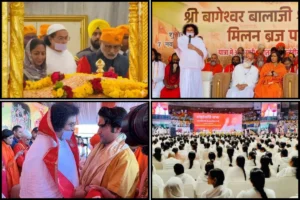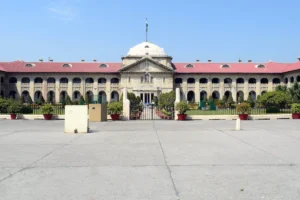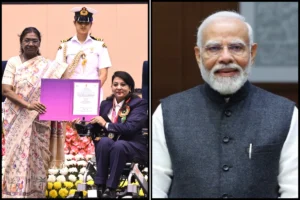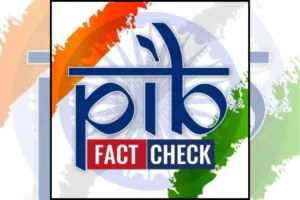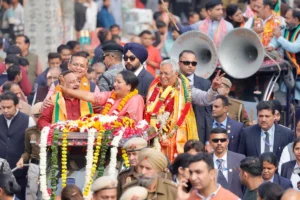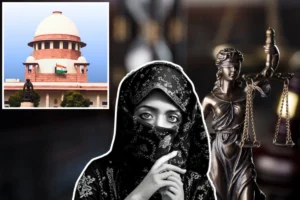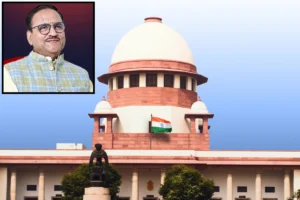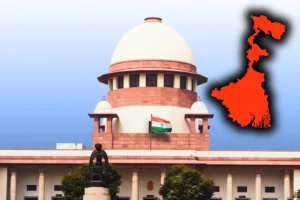
Opposition parties, led by Congress, united to protest the Waqf Amendment Bill in the Lok Sabha today. This legislation aims to modify the powers of State Waqf Boards, improve registration and surveying of Waqf properties, and address encroachments.
Key Proposals in the Bill
The Bill seeks to amend 44 sections of the 1995 Waqf Act. It proposes that both the Central Waqf Council and state Waqf Boards must include two women. It also mandates that Waqf Board funds be used for the welfare of widows, divorcees, and orphans as directed by the government. Another significant proposal is the protection of women’s inheritance rights. The inclusion of non-Muslim members in Waqf bodies has also sparked controversy.
Congress Criticizes the Bill
During the debate, Congress leader KC Venugopal condemned the Bill as “draconian” and an attack on religious freedom and the federal system. He specifically criticized the provision for including non-Muslim members on Waqf boards.
Samajwadi Party’s Stance
The Samajwadi Party, the second-largest opposition force, also rejected the Bill. Party chief Akhilesh Yadav argued that the Bill represents “well-thought-out politics” and questioned the need for non-Muslim members in Waqf bodies. He criticized the Bill as an injustice to Muslims and warned that it could have long-lasting negative effects. MP Mohibbullah echoed these sentiments, labeling the Bill as an interference with religion.
Earlier, Yadav accused the BJP of using the Bill as a pretext to sell Waqf board lands under the guise of amendments. “These amendments are just an excuse; the real target is selling lands like those of defense, railway, and Nazul,” he claimed on X.
Other Opposition Voices
Trinamool’s Sudip Bandhyopadhyay argued that the legislation undermines federalism, while DMK’s K. Kanimozhi criticized it for being detrimental to minority communities. “Would it be feasible for Christians and Muslims to manage Hindu temples?” she questioned.
Government’s Defense
Union Minister Rajiv Ranjan Singh of BJP ally JDU defended the Bill, asserting that it aims to enhance the transparency of Waqf board operations. He countered opposition claims by referencing historical events, such as the 1984 anti-Sikh riots, to illustrate the need for reform.
Calls for Consultation
Supriya Sule of NCP’s Sharad Pawar faction called for further consultation, suggesting that the Bill should be sent to a standing committee. She questioned the urgency of the Bill and the lack of detailed consultation.
Opposition from Other Parties
ET Mohammed Basheer of the Indian Union Muslim League and K. Radhakrishan of the CPM also opposed the Bill. AIMIM MP Asaduddin Owaisi described the legislation as discriminatory and a severe attack on the Constitution, arguing that it undermines judicial independence and restricts Muslims’ ability to manage their Waqf property.
To read more such news, download Bharat Express news apps








